
Professor Elizabeth Davies
Professor in Cancer and Public Health
Research interests
- Cancer
- Population Health
Biography
Elizabeth is an academic public health physician with research interests in cancer inequalities, patient experience, supportive and palliative care and medical humanities. Current work includes the first study of cancer in English prisons (funded by NIHR), national analyses of how patients' experiences of care might be linked to clinical outcomes and of the epidemiology and care of people with brain tumours. She leads the Cancer Epidemiology and Cancer Services Research Group and heads the Centre for Cancer, Society & Public Health within the School of Cancer and Pharmaceutical Sciences. Previously she held a research role within Public Health England and was London Director of Knowledge and Intelligence.
Elizabeth qualified in Medicine at University College and Middlesex Hospital School of Medicine London in 1989, obtaining an MSc in Medical Sociology in 1986. She completed her PhD in 1998 at Queen Mary College, Westfield studying the quality of life for patients with malignant cerebral glioma and then developing clinical guidelines at the Research Unit of the Royal College of Physicians. After working at The Maudsley Hospital, Elizabeth trained in public health in South Thames between 1997 and 2001, becoming an honorary lecturer for Professor Irene Higginson. She moved formally to King’s College London in 2002 to co-edit World Health Organisation Guidance on Palliative Care, and gained a Commonwealth Fund Harkness Fellowship in 2003 to work at Harvard Medical School to study the use of patient experience survey data with Professor Paul Cleary.
Elizabeth joined the Thames Cancer Registry at King's in 2004 to work as senior lecturer with Professor Henrik Møller. She was responsible for developing epidemiological and health services research using cancer registration and other data, liaising with primary care trusts and cancer networks in South East England to develop information for services, and contributed to national and local policy groups. Elizabeth became Medical Director in 2008 and Reader in Cancer and Public Health in 2009. In 2012 she took up the Directorship, leading the 60 Thames Cancer Registry staff through the transfer in 2013 to Public Health England (PHE).
Research

Cancer Epidemiology and Cancer Services Research
The Cancer Epidemiology and Cancer Services Research group study inequalities in the early detection, diagnosis, experience of care and outcomes for people with cancer.

School of Cancer & Pharmaceutical Sciences: People and Culture
The School of Cancer and Pharmaceutical Science People and Culture committee is committed to fostering an equitable, diverse, and inclusive research and education environment, where everyone can thrive. We strive to support and empower members of our community, by promoting accessibility, representation, and a culture of belonging. Through advocacy, education, and meaningful action, we aim to remove barriers, address systemic inequities, and create opportunities for our whole community to contribute and succeed
News
Breast cancer survival improved in Gaza between 2017-2020
Women diagnosed with breast cancer in Gaza showed a promising increase in short-term survival between 2017-2020 –– highlighting the benefits of investment and...
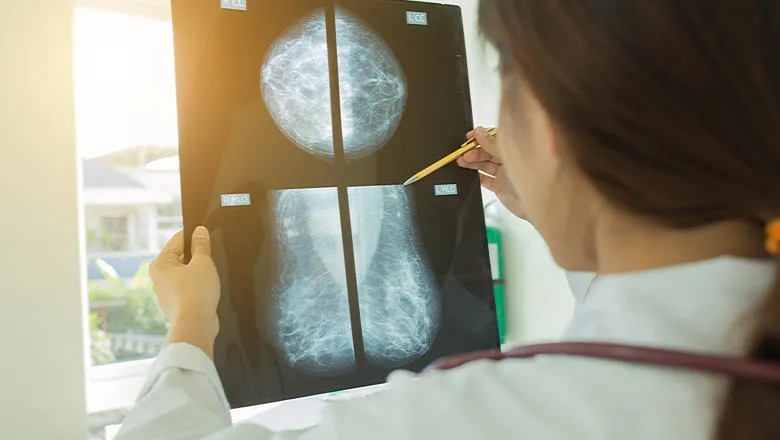
Recognising women's experiences is key to understanding inequalities in breast cancer screening uptake
A new editorial explores the wide array of reasons why women who migrate to a new country are less likely to attend screening for breast cancer than women...
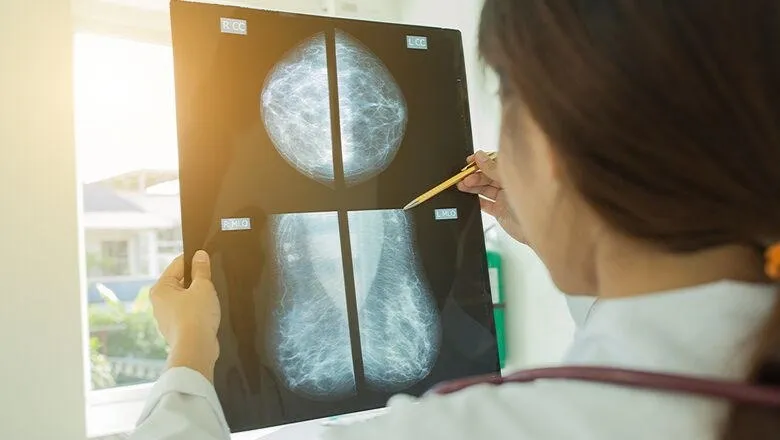
Researchers review impact of pre-existing mental health disorders on received cancer treatment
A new systematic review from scientists at King’s explores the disparities in cancer treatment for people with and without pre-existing mental health...
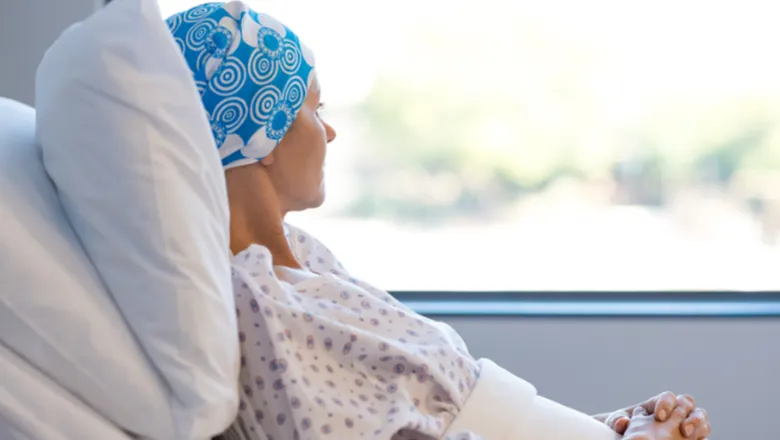
Research suggests cancer care systems need to be more patient-centred
The review collected and analysed 54 studies from the UK, USA, and Canada. The findings highlight numerous factors that were linked with worse patient...
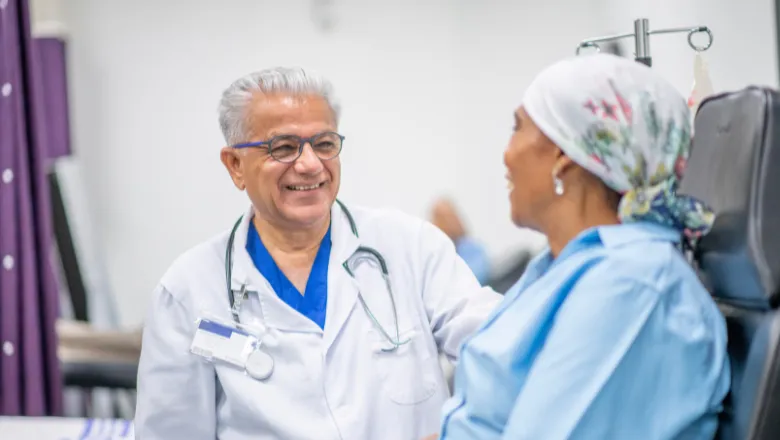
Ethnicity could play a role in surviving brain tumours, study finds
White British people who have been diagnosed with a malignant primary brain tumour appear to be more likely to die within one year than patients from at least...
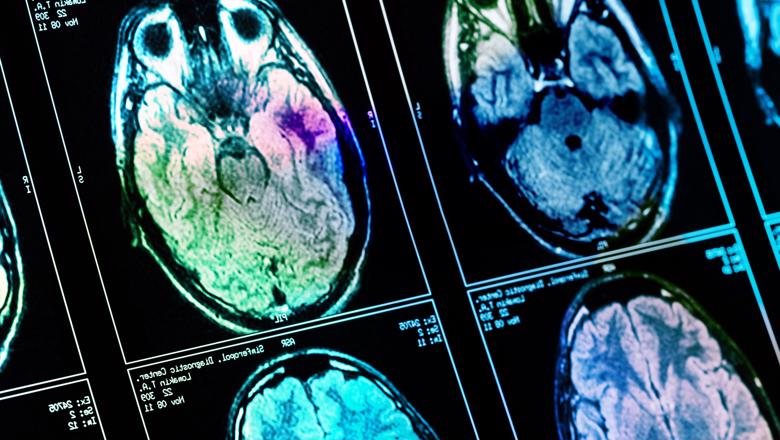
Being assigned a clinical nurse specialist is associated with better experiences of cancer care, research finds
Cancer patients assigned a clinical nurse specialist (CNS) are more likely to report better care experiences across several important aspects of the cancer...

New research examines cancer care in Saudi Arabia during COVID-19 pandemic
An international collaboration of cancer experts have outlined how Saudi Arabia have responded to the COVID-19 outbreak, recommending several prevention and...
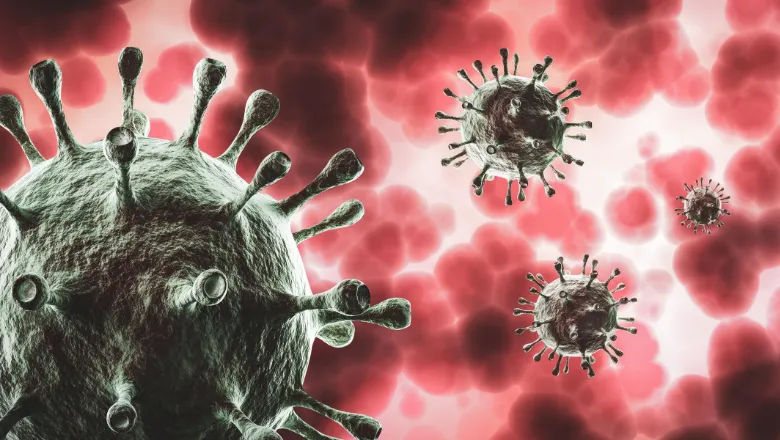
Events

Inaugural Lectures: Professors Elizabeth Davies & Simon Pitchford
Inspiring talks from two of our new professors about their work, their specialisations, and their journeys to where they are today.
Please note: this event has passed.
Research

Cancer Epidemiology and Cancer Services Research
The Cancer Epidemiology and Cancer Services Research group study inequalities in the early detection, diagnosis, experience of care and outcomes for people with cancer.

School of Cancer & Pharmaceutical Sciences: People and Culture
The School of Cancer and Pharmaceutical Science People and Culture committee is committed to fostering an equitable, diverse, and inclusive research and education environment, where everyone can thrive. We strive to support and empower members of our community, by promoting accessibility, representation, and a culture of belonging. Through advocacy, education, and meaningful action, we aim to remove barriers, address systemic inequities, and create opportunities for our whole community to contribute and succeed
News
Breast cancer survival improved in Gaza between 2017-2020
Women diagnosed with breast cancer in Gaza showed a promising increase in short-term survival between 2017-2020 –– highlighting the benefits of investment and...

Recognising women's experiences is key to understanding inequalities in breast cancer screening uptake
A new editorial explores the wide array of reasons why women who migrate to a new country are less likely to attend screening for breast cancer than women...

Researchers review impact of pre-existing mental health disorders on received cancer treatment
A new systematic review from scientists at King’s explores the disparities in cancer treatment for people with and without pre-existing mental health...

Research suggests cancer care systems need to be more patient-centred
The review collected and analysed 54 studies from the UK, USA, and Canada. The findings highlight numerous factors that were linked with worse patient...

Ethnicity could play a role in surviving brain tumours, study finds
White British people who have been diagnosed with a malignant primary brain tumour appear to be more likely to die within one year than patients from at least...

Being assigned a clinical nurse specialist is associated with better experiences of cancer care, research finds
Cancer patients assigned a clinical nurse specialist (CNS) are more likely to report better care experiences across several important aspects of the cancer...

New research examines cancer care in Saudi Arabia during COVID-19 pandemic
An international collaboration of cancer experts have outlined how Saudi Arabia have responded to the COVID-19 outbreak, recommending several prevention and...

Events

Inaugural Lectures: Professors Elizabeth Davies & Simon Pitchford
Inspiring talks from two of our new professors about their work, their specialisations, and their journeys to where they are today.
Please note: this event has passed.
